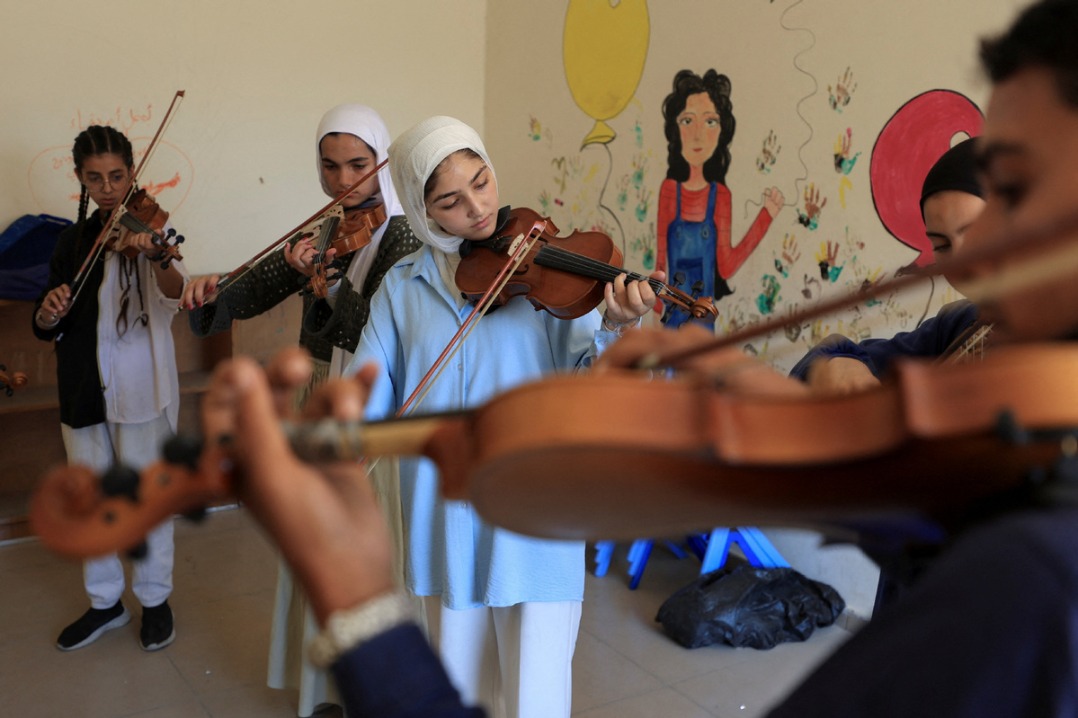Dissidents jump to redefine rule of law

Lau Nai-keung points out that right to protest does not mean a license to ride roughshod over everyone else
The Oxford English Dictionary defines "rule of law" this way: "The authority and influence of law in society, esp when viewed as a constraint on individual and institutional behavior; (hence) the principle whereby all members of a society (including those in government) are considered equally subject to publicly disclosed legal codes and processes."
Rule of law implies every citizen is subject to the law. It stands in contrast to the idea that the ruler is above the law, for example by divine right.
The rule of law begins with the right of individuals to seek protection through the courts in which justice is administered by unbiased judges. It protects the freedom of individuals to manage their affairs without fear of arbitrary interference by the government or improper influence from the rich and powerful.

The rule of law governs the way in which power is exercised in Hong Kong. Its principal meaning is that the power of the government and all government officials should be derived from law as expressed in legislation and judicial decisions made by independent courts. No one, including the chief executive, can commit an act that would otherwise constitute a legal wrong or affect a person's liberty unless that person can point to a legal justification for that action.
However, this is not how the dissidents and their friends understand the concept. For them, rule of law means courts deliver judgments to their liking.
Take for example the recent Court of Appeal ruling on sentences for Joshua Wong Chi-fung, Nathan Law Kwun-chung and Alex Chow Yong-kang to prison over their involvement in the 2014 "Occupy Central" protests. For our dissidents, the city's rule of law is preserved if the trio does not need to go to jail; if the Court of Appeal decided the lower court was indeed too lenient in sentencing, rule of law is dead.
We are not sure how to understand this claim.
Last July, the trio was convicted on unlawful assembly charges. Wong was sentenced to 80 hours' community service, Law received 120 hours, while Chow received a three-week suspended jail sentence. How was our rule of law doing back then? Was it safe and sound because the jail sentence for Chow was merely a suspended one? And community service is like extracurricular activity, which if the court does not order Wong and Law the schools would have.
However, according to eminent international figures our rule of law died a sudden death after the suspended jail sentence turns into an unsuspended one. How flimsy our rule of law must be.
"The decision by the courts in Hong Kong to sentence three courageous, principled young men to jail yesterday is an outrageous miscarriage of justice, a death knell for Hong Kong's rule of law and basic human rights, and a severe blow to the principles of 'one country, two systems' on which Hong Kong was returned to China 20 years ago," a statement signed by 25 such public figures read.
This accusation is groundless and is adequately rebutted by the well-written judgment itself.
Acknowledging that according to the Basic Law and the Bill of Rights Ordinance, Hong Kong residents enjoy freedom of assembly, speech, march, demonstration and other methods of expression, judge Wally Yeung wrote in the judgment that "these freedoms are not absolute or without restrictions, and have to be in accordance with the law (If one) uses the guise of exercising freedom of assembly, but is in actual fact destroying public order and peace, (this) will plunge society into chaos, and will have a negative impact on societal progress and development, as well as prevent others from exercising their rights and freedoms. If these situations are not prevented, any talk of freedom and rule of law is empty."
Judge Jeremy Poon's logic was also overwhelming when he reminded us: "These offenders cannot say that the law is taking away or oppressing their freedom of speech and assembly, because the law never allowed them to use illegal methods to exercise these freedoms in the first place."
The New York Times and other foreign fake news forces can make martyrs out of these three young men all they like, but our rule of law remains as robust as it ever has been.
(HK Edition 08/23/2017 page7)
Today's Top News
- China steps up efforts to boost opening-up
- World's highest bridge passes stress test
- China scales up network to fuel growth of AI
- Ancient bronze casting art decoded
- Shenzhen SEZ to continue spearheading reform and opening-up
- War sacrifices never to be forgotten






























